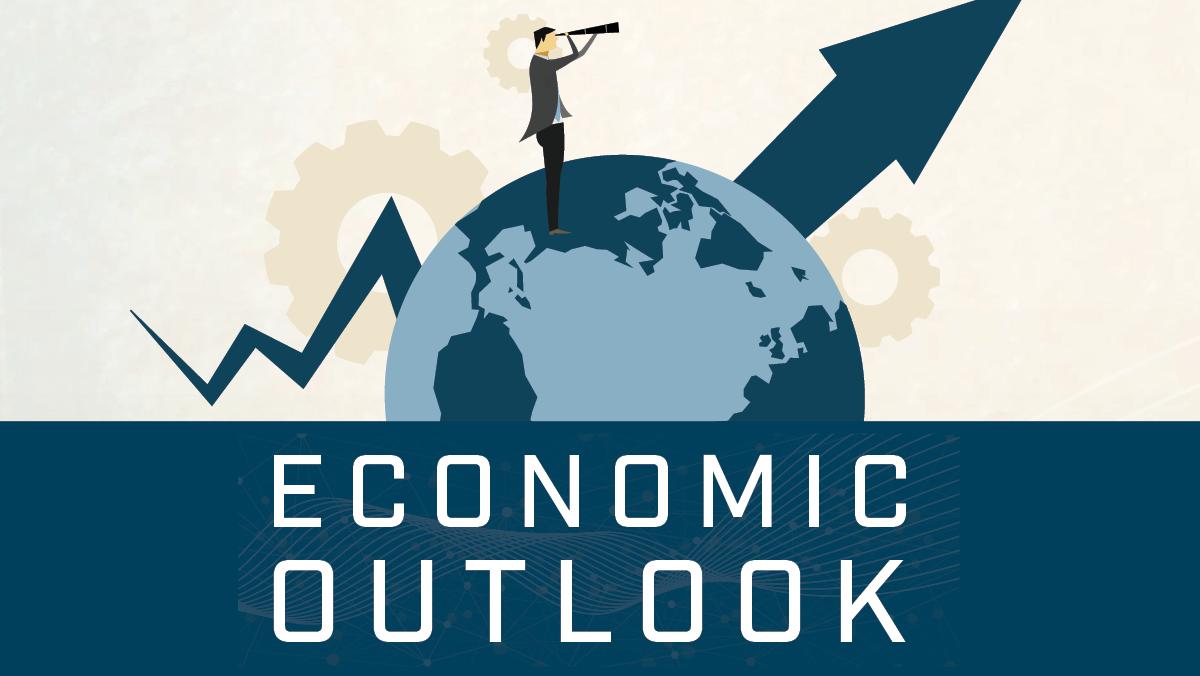
There are 100s of economic forecast reports out there, but I got one this morning from the Asian bank DBS with the following headlines:
Growth normalising
The reopening of US and European economies points to a snapback in economic growth and inflation. We see central banks gradually tapering their asset purchases while holding policy rates at zero-bound.
Risk assets supported
The dynamics of FOMO (fear of missing out) and TINA (there is no alternative), alongside high levels of liquidity will support equities and credit. Stay invested through our Barbell Strategy and add gold for portfolio resilience.
Grow with I.D.E.A.
Stay with Innovators, Disruptors, Enablers, and Adapters for the Growth end of the Barbell Portfolio. We add winners of the transformational shift from combustion engines to electric vehicles.
Income from credit & dividends
Generate steady income from a diversified pool of BBB/BB-rated bonds. China and Singapore banks as well as REITs stand out as dividend plays.
The full report is here and, knowing DBS quite well, they are huge fans of acronyms. Anyway, it made me think about how this view of the world may differ from the bank forecasts in Europe and America.
The gist of the Asian view appears to be that things are getting back on track: “US GDP is expected to grow by over +6% this year, from -3.5% last year”, which they claim is a V-shaped recovery.
America agrees!
If I shift focus to the US-view, I usually look towards JPMorgan and the big banks. According to David Kelly, Chief Global Strategist for JP Morgan Asset Management:
The broad story on the U.S. economy remains one of very strong recovery. Real GDP numbers for the first quarter showed strong 6.4% annualized growth. However, April data for consumer spending, inventories and durable goods orders reinforced our view that this growth is accelerating and that second quarter growth could be over 10%.
[David’s slide deck from March 2021 is available here]
However, he also notes that it’s a K-shaped recovery, not necessarily V-shaped.
Compared to April 2019, real consumer spending in April 2021 was down 16% for dentists, 17% for flights, 30% for taxis, 38% for hotels, 46% for hairdressers, 65% for spectator sports and 89% for movie theatres. Presumably, most of this spending will fully recover by the end of the summer, as pandemic restrictions fade.
The K-shape dictates that digital companies like Netflix and Amazon have seen revenues and returns surge since March 2020 – they are on the up-side of the K; physical companies like hotels, taxis and airlines are on the downside of the K.
Will the K-shape remain as we unlock? I think there will be a long-term overhang of the K, whereby things that are not needed – unnecessary travel, unnecessary shopping, unnecessary meetings – will remain unnecessary in the long-term. So, there will be long-term shifts to digital engagement and reduction in physical engagement.
This led me to look at the European view and the leading analytics I usually turn to for European economic outlooks is Deutsche Bank’s research. Deutsche Bank’s research is usually pretty robust, and their latest view is on inflation:
Intriguingly they note that we are moving away from shareholder capitalism, which focuses primarily on monetary policy to tame inflation, to stakeholder capitalism, which uses monetary policy for the greater good as evidenced during the pandemic.
The most immediate manifestation of the shift in macro policy is that the fear of inflation, and of rising levels of government debt, that shaped a generation of policymakers is receding. Replacing it is the perspective that economic policy should now concentrate on broader social goals. Such goals are as necessary as they are admirable. They include greater social support for minority groups, greater equality in income, wealth, education, medical care, and more broad-based economic opportunity and inclusion. They should be front and centre of the policies of any government in these times.
The increased focus on these priorities can be seen not just in the ongoing expansionary policy response to the pandemic, but also in policymakers’ other longer-term objectives, such as combating climate change and tightening the social safety net. It is also evident in recent legislative and regulatory efforts to achieve a more balanced distribution of economic and political power between the corporate sector, labour, and the consumer.
Interesting, as these themes fit nicely with where my own direction is going in talking about Purpose and using Digital for Good, the theme of my next book.
Nevertheless, Deutsche Bank not that “despite the shift in priorities, central bankers must still prioritise inflation”. Of course! Yet, we do have to question one thing: trillions of dollars of #coronavirus aid appears … from where?
All in all, the global view appears to be one that sees a return to a new normality. A new normality is one that is far more caring and sharing of all stakeholders, and does not just focus upon profit and inflation and debt. Sounds laudable and yet, I can see these aims at the macro level. At the micro level, are people being cared for better and having their financial difficulties managed or even ignored?
Chris M Skinner
Chris Skinner is best known as an independent commentator on the financial markets through his blog, TheFinanser.com, as author of the bestselling book Digital Bank, and Chair of the European networking forum the Financial Services Club. He has been voted one of the most influential people in banking by The Financial Brand (as well as one of the best blogs), a FinTech Titan (Next Bank), one of the Fintech Leaders you need to follow (City AM, Deluxe and Jax Finance), as well as one of the Top 40 most influential people in financial technology by the Wall Street Journal's Financial News. To learn more click here...

